Milk protein: what is it, types and proportion of content in cow's milk
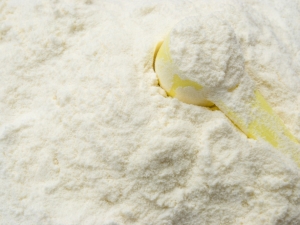
Cow's milk is a valuable nutritious food product. Its usefulness is due to the presence of a large number of vitamins and minerals. Milk is recommended to be consumed by all people, and children, expectant mothers, athletes - every day, since milk contains a lot of easily digestible protein necessary for building cells of the human body.
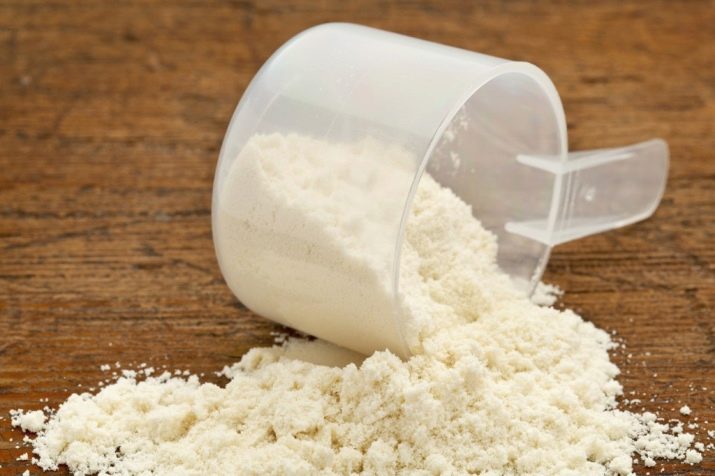
What is it and how does it happen?
One of the essential substances that enter the human body with food is protein. It is necessary for the synthesis of amino acids, which, in turn, are involved in the construction of proteins in the human body. Amino acids are involved in all vital processes. They provide the formation of muscle tissue and muscle function, are involved in the processes of metabolism and the creation of immunity, and are needed to maintain the functioning of the brain and central nervous system.
Part (about half) of the amino acids the body can synthesize itself. For the synthesis of the second half of the amino acids, which are called essential, protein must be supplied to the body as part of the products. This substance, in fact, is the building material of the human body. It is present in hair, nails, bones, internal organs, skin.
Protein is directly involved in metabolic processes, is a means for delivering other nutrients to the organs.
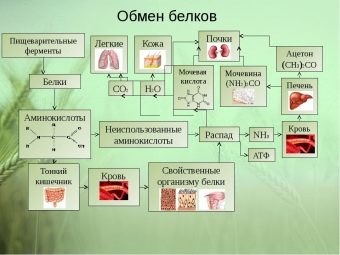

The lack of protein is expressed in a decrease in immunity, muscle weakness, poor appearance.It is for this reason that the skin becomes flabby and sagging, wrinkles appear.
Proteins can come from both plant foods and animal foods. However, vegetable proteins are considered incomplete because they do not contain all the necessary amino acids. In addition, animal proteins are better absorbed by the body. Therefore, doctors often oppose vegetarian nutrition, as a deficiency of the necessary substances gradually accumulates, which leads to various disorders of the body systems. It is no coincidence that patients after operations, after recovering from serious conditions, debilitated children are widely recommended meat broth.
On average, an adult healthy person needs 0.75-1 g of a substance per 1 kg of body weight per day. For this indicator, gender, age, physiological state, physical activity are taken into account. In some conditions, athletes, people engaged in heavy physical labor, this figure should be increased. Depending on their value, proteins in nutrition are classified into four classes. The most valuable, belonging to the first class, are found in eggs and milk.
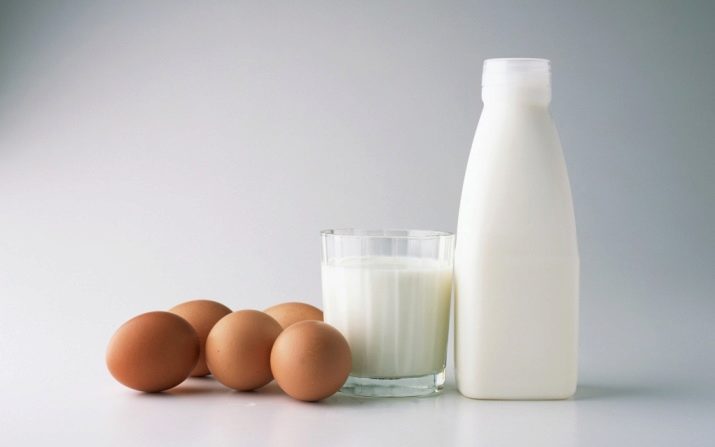
Milk protein is an easily digestible substance from which the body receives many benefits. Being unique in composition, it is able to replace the proteins contained in meat products. It is involved in the production of antibodies to many bacteria and viruses. Milk protein has the ability to neutralize substances that have a detrimental effect on the body. It is for this reason that milk is given to people working in hazardous industries. Cow's milk contains different proteins. The main one is called casein. It is approximately 80-90% in the product. The rest is the so-called whey proteins.
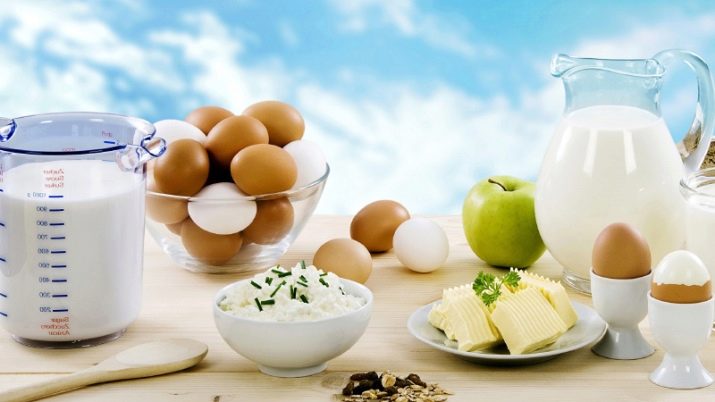
Casein gives a long feeling of fullness, supplying the internal organs with the necessary amino acids at this time. Some amino acids increase metabolism, resulting in an acceleration of the fat burning process.
Casein is needed to supply the body with energy, for the synthesis of hormones, to strengthen the structure of hair and nails.. It improves blood clotting, stimulates the nervous system. This protein is isolated from milk and used for various purposes. Due to its high nutritional value, it is often consumed by athletes for rapid muscle building. Casein is also widely used in medicine, especially for intravenous nutrition of patients who are unable to consume food on their own. Protein can be found in dermatological creams and surgical adhesives. Casein is also used in industry. On its basis, artificial food products, paints, plastics, and adhesives are created.
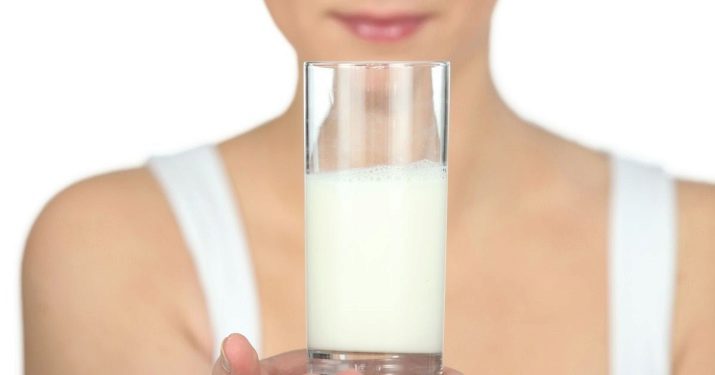
Whey proteins contribute to the rapid replenishment of energy costs, activate metabolic processes, and ensure the normalization of the functioning of internal organs. The composition of these substances is similar to the composition of muscle tissues, therefore they improve muscle recovery, help reduce pain in them, which is especially important for athletes. With the regular use of such proteins, the breakdown of fats is accelerated. This, in turn, starts the process of losing weight, which does not affect muscle mass. Whey proteins normalize cholesterol production, regulate lipid metabolism, improve blood composition and reduce blood sugar levels.
They contribute to the production of hormones responsible for stress resistance, relieve irritability, provide quick falling asleep and healthy sound sleep.

Amount in milk
The usual average protein content in cow's milk is 3.2%. This figure is not constant, it depends on the fat content of the product - in a fatter product, the mass fraction of proteins is slightly higher. Manufacturers track this figure, it can be 2.8-3.4%. In whole homemade milk that has not been processed, the limits of this indicator are even wider: 2.7-4.1%. It is influenced by many factors. First of all, it is a breed of animals. People who are far from agriculture may not be aware of the fact that there are meat, meat and dairy and dairy breeds. In the milk of meat breeds of cows, proteins will be contained more than in the milk of dairy and meat and dairy cows. The protein itself is represented mainly by casein, there are very few whey proteins. In addition, meat breeds give little milk.

Other factors influencing the amount of protein are the time of year, the composition of the feed, the functional state and conditions of the animals. The milk we consume contains 2.8-3.5 g of protein per 100 grams of the product. It may seem that less than 10 g of a substance in 100 ml of product is very small when calculating 1 g of protein per 1 kg of human weight. However, by simple calculations, you can find out that an ordinary glass with a volume of 250 ml will contain 7-8.75 g, and 28-35 g of the substance per liter. Given that the caloric content of milk is only 45-65 kcal per 100 g, it turns out that this is a lot. In addition, during the day we consume other foods that contain proteins. With a balanced diet, a person will definitely receive all the necessary substances for the body.

How is it absorbed?
Getting proteins from food is very important for ensuring life processes. But, even after receiving the required amount, the body does not always absorb them completely.The digestibility is influenced by various factors: diet, food composition, method of culinary preparation, body condition. Milk protein is unique not only in its composition and ease of digestion, but also in that it is digested almost 100%. At the same time, casein and whey proteins are absorbed differently.
It takes a long time for the body to digest casein. However, this is not a reason to rank it among the "heavy" products that require a lot of effort from the body to digest. Casein breaks down slowly, supplying the body with a gradual and even supply of amino acids to the circulatory system and internal organs. A long period of assimilation of casein will be useful for people engaged in intense physical exertion, heavy monotonous work, and intellectual activity.
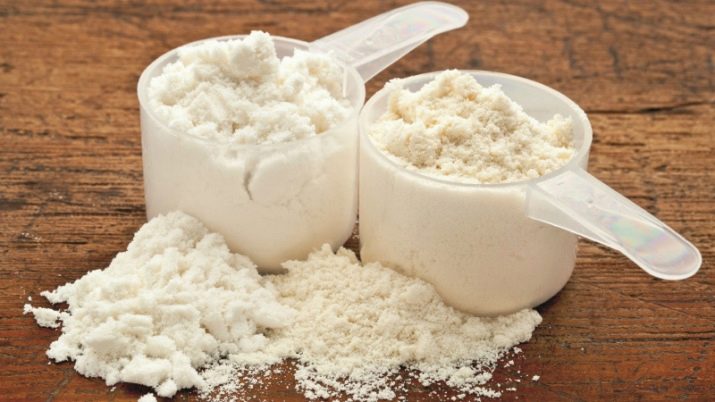
This feature for a long time to maintain a constant level of amino acids is often used by athletes. They take a dairy product before going to bed, and they recover and supply muscles with building material during a night's rest. This feature of casein is due to the fact that in the stomach, getting under the influence of gastric juice, it is converted into rather large clots, and they require a long period of processing by a large number of enzymes. The processing of casein is associated with a long-lasting feeling of satiety. This feature can be used by those wishing to lose weight.
A glass of milk in the evening with a small amount of calories will provide a feeling of satiety and may well replace a light dinner.

Unlike casein, whey proteins are absorbed almost immediately after intake.
Since they have a balanced composition of amino acids and are presented in a form convenient for absorption by the body, they instantly supply blood and internal organs with useful substances. This phenomenon contributes to the rapid replenishment of energy costs, the improvement of metabolic processes, the normalization of the work of organs and systems. Whey proteins are needed by people after hard physical work, increased mental activity. The ability of these substances to activate metabolic processes and promote the breakdown of fats is also suitable for people who want to normalize their weight.
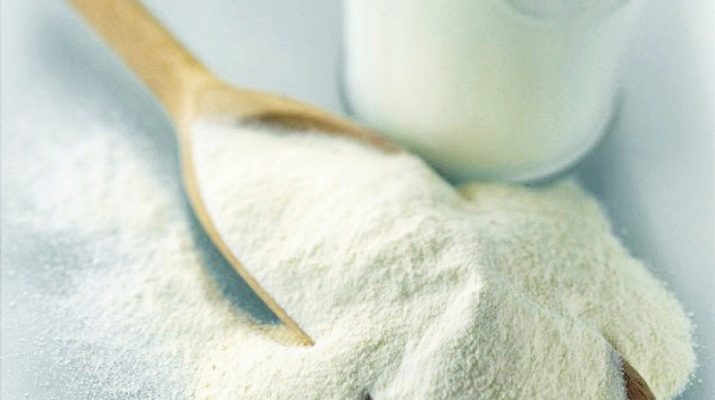
Unfortunately, not all people digest milk proteins. In some cases, they cause an allergic reaction, which manifests itself in shortness of breath, skin rashes and itching, digestive disorders, and deterioration in the color of the skin. Allergies can be triggered by genetic predisposition, hormonal disruptions, stress, pathological chronic conditions. In such cases, you should consult with your doctor about what can replace milk protein.

You will learn more about milk from the video.

















